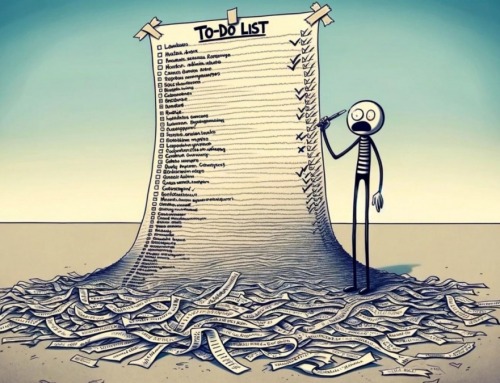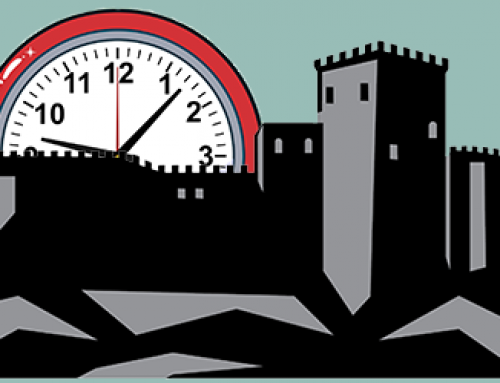Organizational culture can be difficult to define because its meanings and varieties can be as numerous as the companies that exhibit it. In the most general sense, however, organizational culture represents our group behavior and our shared values. It drives the way that we interact within an organization and the way we interact with external partners, such as our customers, vendors, and community.
In a previous post, we explored “The 5 Building Blocks of Culture”, which include our shared values, our communication, language, and symbols, our habits of effectiveness, our rituals and routines, and our systems and processes.
Viewed in another way, the culture of a company is the software to a company’s hardware. Operating within an organization’s ‘hardware’—its structure and physical components—is the ‘software’ of culture, which provides the interface to interact with other users and with those outside the system. It encompasses all of the building blocks of culture, including our communication, language, and symbols. And the software’s design and functionality reflects the values, habits, rituals and routines that we feel are most important.
In many organizations, CRM software is a real manifestation of this, and it is part of the cultural building block of systems and processes. CRM software provides the interface and the tools that we use in our interactions with each other and especially with our customers. Also, the things that we track and measure in our CRM system tend to become the things that matter, and members of the organization will embrace them as values.
But tracking and measuring the wrong things in your CRM can instill the wrong values and encourage the wrong culture. For example, if you measure and reward your customer service representatives based on how quickly they get off the phone with customers and churn through calls, you may encourage a culture of short conversations that seem abrupt or even rude. In sales, if you measure the number of calls and the amount of phone time as an indicator of quality sales interactions, instead of focusing on the outcomes of those calls, you may end up with agents who call FAX lines or leave long-winded voice mails just to increase their numbers.
To avoid encouraging the wrong behavior, review the things that you currently track and measure in your CRM system and consider their potential long-term effects on organizational behavior. Are they possibly encouraging and rewarding the wrong behavior and instilling the wrong values? Is your CRM system geared to help you focus on the goals and activities that should matter most in your organization?
If your measurement, tracking, and your current CRM system don’t reflect the organizational culture that you want to encourage, consider making some changes.
For example, rather than focusing on churning through customer service calls in the shortest time possible, implement a task management system that allows you to prioritize important calls and track successful completion and not just the time involved. Or, instead of tracking sales call volumes and call times, look to implement a system that allows you to track and manage your sales leads and pipeline with defined stages and a focus on successful conversions into opportunities and customers.
Deploying the right measurements and the right approach to CRM can be an important step in upgrading your organizational ‘software’ and upgrading the culture throughout your company.
If you’d like to read more about company culture, we recommend a few other blog posts from us.
/creating-great-company-culture/
/building-culture-productivity/






